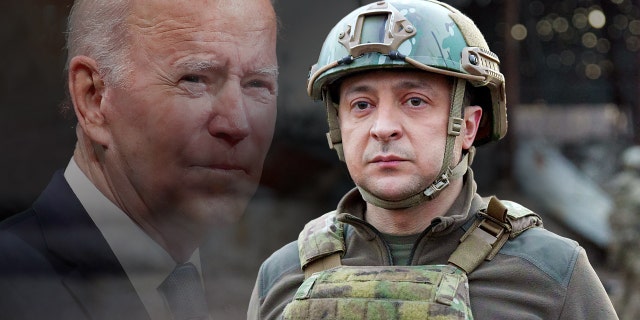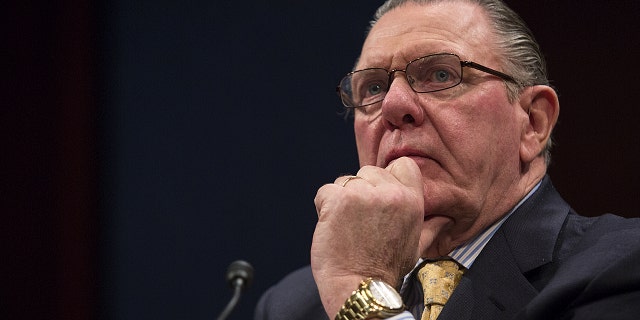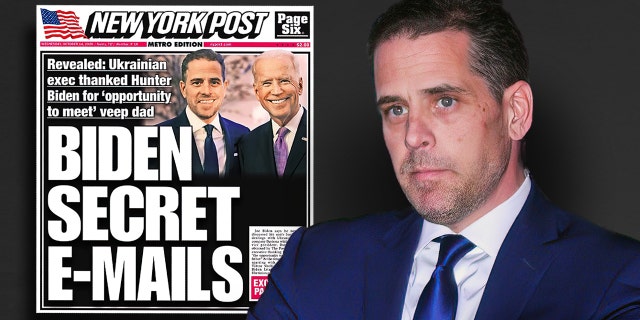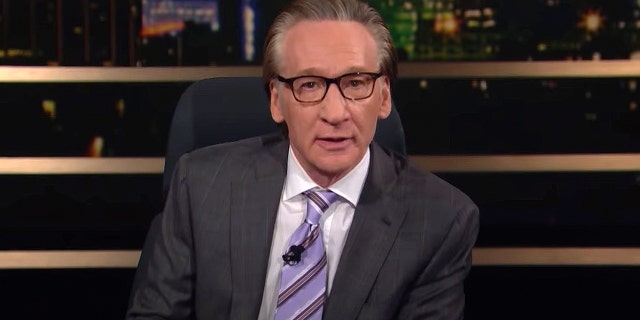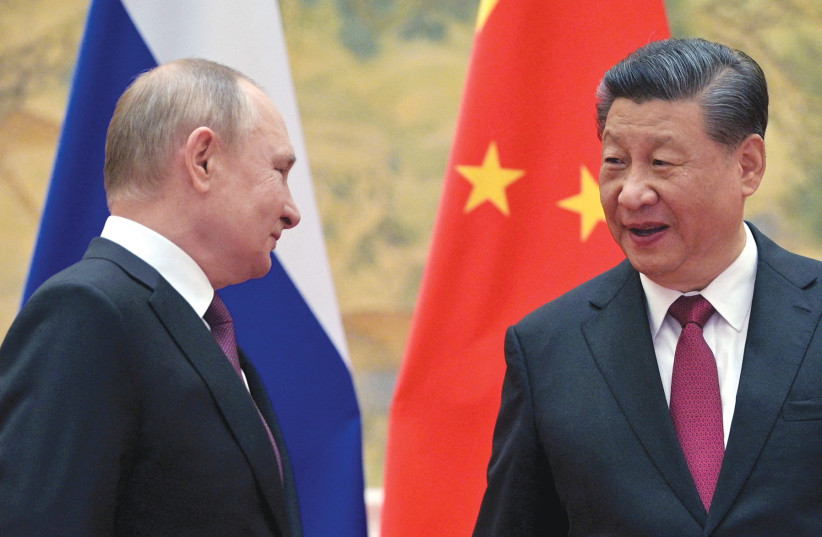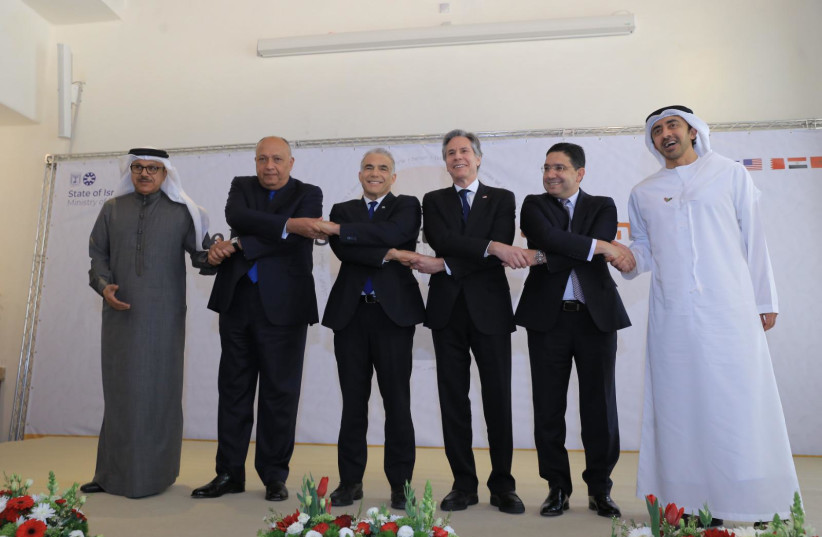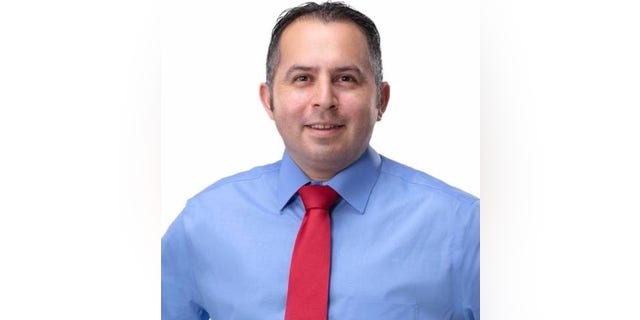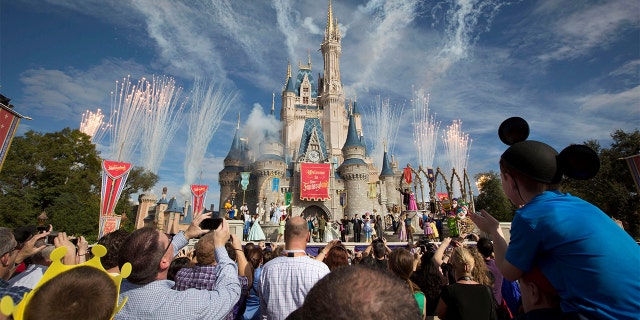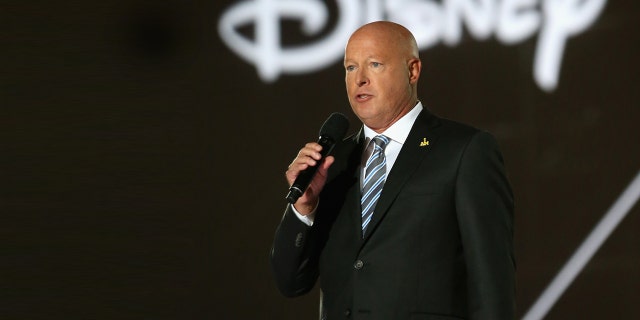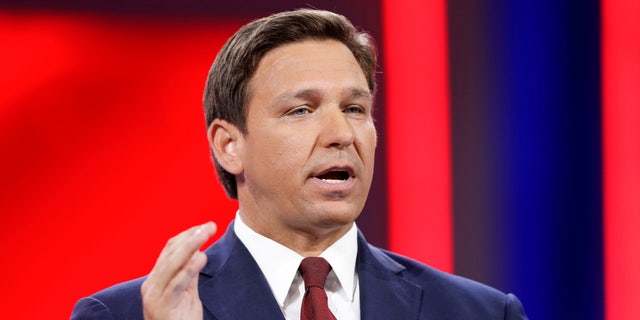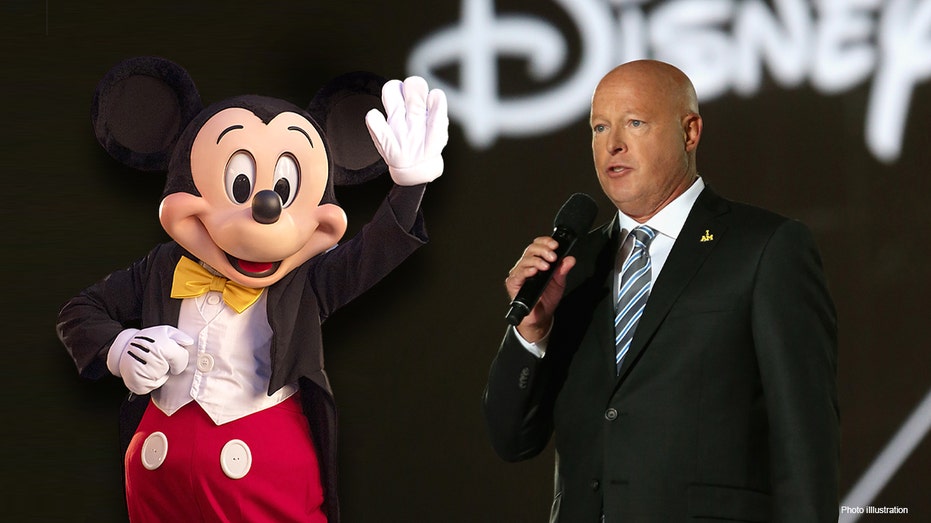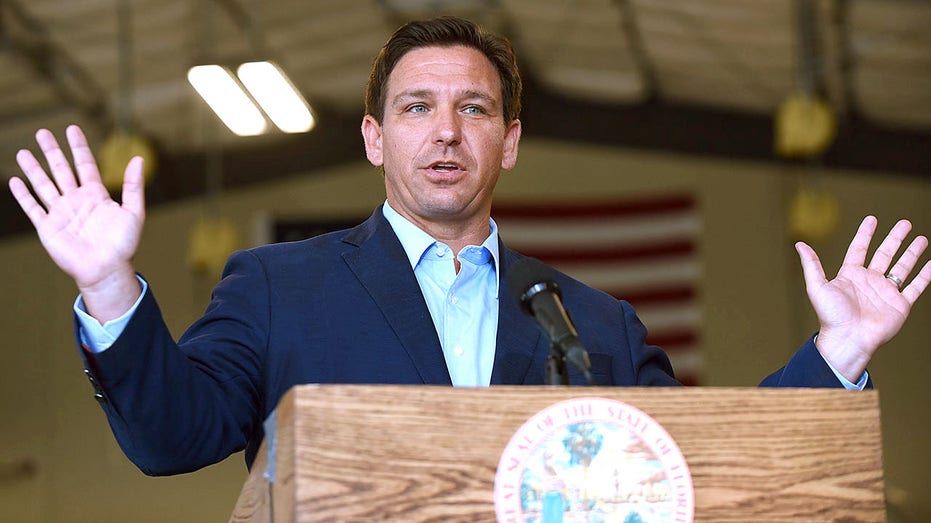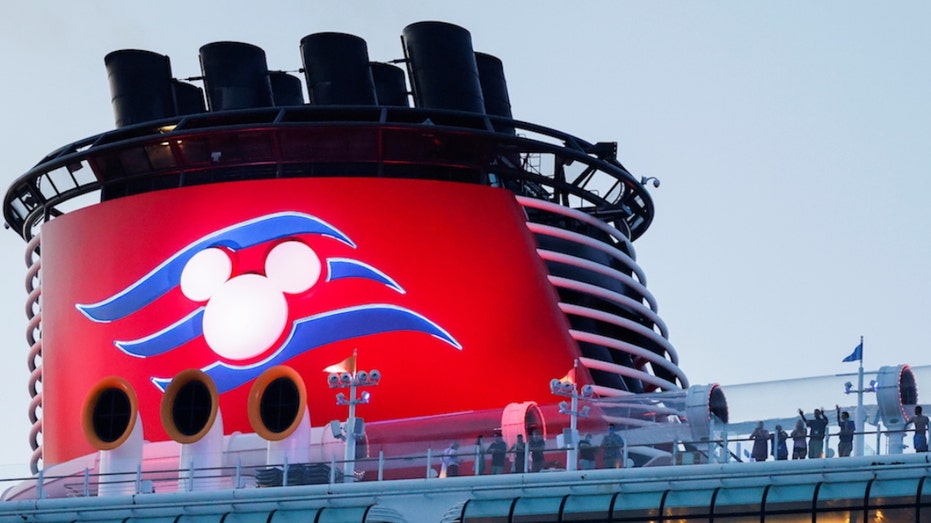This week’s Negev Summit was the Abraham Accords put into action.
Foreign Minister Yair Lapid worked with his counterparts from Bahrain,
Egypt, Morocco and the United Arab Emirates on addressing their shared
challenges and interests, along with US Secretary of State Antony
Blinken, representing America’s encouragement and support.
The
symbolism of four Arab foreign ministers gathering in Israel is hard to
miss. It would have been “unthinkable just a few years ago,” Blinken
remarked this week. The choice of Sde Boker, home and burial site of
first prime minister David Ben-Gurion, as the summit’s site represented
inspiration and vision for Lapid, who quoted Ben-Gurion as saying
“history isn’t written; history is made.”
Iran
was the big topic on the agenda. Israel, the UAE and Bahrain have been
especially concerned about the direction of world powers’ talks to
revive the nuclear deal with the Islamic Republic, and the way the US
has avoided a strong response to Iranian proxy terrorism in the Gulf.
“The
shared capabilities we are building intimidates and deters our common
enemies, first and foremost Iran and its proxies,” Lapid said at the end
of the summit. “They certainly have something to fear.”
But
the areas of cooperation were much broader than that. The regional
impact of Russia’s invasion of Ukraine was a major topic on the agenda,
especially when it comes to food security – for example, most of Egypt’s
wheat is imported from Ukraine – and changes in the energy market in
light of Western sanctions on Russia.
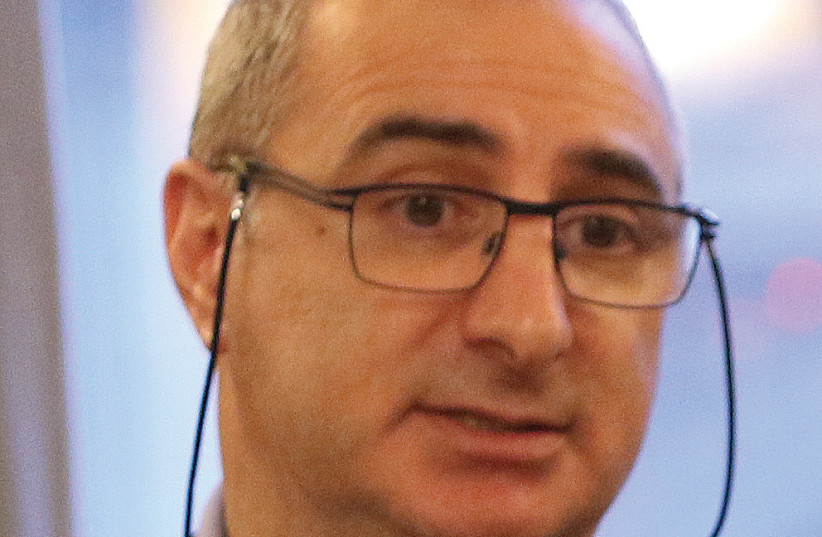 ISRAEL’S AMBASSADOR to Bahrain Eitan Na’eh. (credit: WIKIPEDIA)
ISRAEL’S AMBASSADOR to Bahrain Eitan Na’eh. (credit: WIKIPEDIA)The
foreign ministers established working groups in six different areas,
which is what diplomats do when they want to bring about real action on
the ground.
Ambassador
to Bahrain Eitan Na’eh was at the summit, in the room for Lapid’s
meeting with Bahraini Foreign Minister Abdullatif Al Zayani and the
meeting of all six ministers, and he was also Israel’s interim
ambassador to the UAE right after the countries normalized relations.
“For
the first time in our history,” Na’eh said, “we have a forum for our
foreign ministers, gathering in Israel in Sde Boker, to talk about not
just the relations between us, but about regional issues and regional
problems, and trying to devise and conceptualize solutions, ways to deal
with them.
“I think that was outstanding,” he added.
Na’eh spoke with The Jerusalem Post podcast after the historic event. His remarks have been edited and condensed for clarity.
What
do you think was the objective at the outset of the summit? And do you
think that the summit succeeded in meeting that objective?
To
be honest with you, the summit succeeded above and beyond my
expectations. Holding such a summit, and then four foreign ministers
agreeing to come with such a short notice, within their busy schedules,
to Israel, to Sde Boker, was incredible in and of itself, as was the
opportunity to hear all of them voicing some of the very same issues. It
wasn’t just security. We spoke about economic prosperity and food
security and other issues. That was remarkable itself.
One
could actually see that a kind of regional architecture of sorts is
starting to be conceptualized. It needs still a lot of work and a lot of
thinking, but we have started. And that’s important. As Foreign
Minister Lapid said, this is the first leg of the summit, to be
repeated, each time in maybe a different capital, a different country.
Defense
issues pertaining to Iran were at the top of the agenda, and Lapid
talked about a “regional security architecture.” What does that mean?
First
of all, I don’t know if that was 50% or 40% [of the discussion]. Of
course, security is the main concern for these foreign countries, and
the events of last night [the terrorist attack in Hadera] show that the
problems are multitude.
It’s
not just Iran; it’s terror. Each and every country that was present in
the room has suffered from terrorism, and what we did was really the
answer, the antidote.
[The
attack] only emphasized the need to have a united policy and a united
answer to such threats. The way to do it is by sharing – sharing
intelligence, sharing information – and early warning systems,
everything that can really help us detect a problem and the threat, and
respond to it.
Leading
up to this conference, there were some tensions between Gulf states –
especially the UAE and Saudi Arabia – and the United States. They were
not happy with the US response to attacks by the Iran-backed Houthi
rebels on their lands, on their energy infrastructure especially, and
they weren’t taking US President Joe Biden’s calls, among other
difficulties. I know Israel sort of tried to get in the middle and bring
the sides together again. Do you think that this summit, in which
Blinken participated, as did Foreign Minister of the UAE Abdullah bin
Zayed, helped repair that relationship?
I
can’t talk for the Americans, but I think that the summit allowed for
ample time for all foreign ministers to meet with Antony Blinken. They
had dinner together. They had the one-on-one meetings with him. You saw
them together on the podium.
So
I think that Secretary of State Blinken had ample time to listen and to
take in some of the things that were said, at least. And what he heard
showed that the views were shared by a lot of the foreign ministers. So I
would imagine that it was taken in.
Israel
has been vocal in recent weeks about the United States considering
removing the Islamic Revolutionary Guard Corps from the list of foreign
terrorist organizations as a sort of side deal to the Iran nuclear deal.
What was discussed on that issue?
The
discussion wasn’t that specific, or at least I’m not aware of it. But
again, most of the concerns were shared by all participants. And I think
that they were heard loud and clear. That’s my impression; I’m not
speaking for the Americans.
Israel’s
views were made clear by a joint statement by the prime minister and
the foreign minister. But the thing is that when you come to Israel and
you meet in Israel the foreign ministers of Egypt, Morocco, the UAE and
Bahrain, and you hear similar concerns – I’m sure that is a very clear
message.
And the
message coming back from the US, with Blinken talking from the podium,
is that the US is here to stay, that it’s fully committed, that it’s
going to work with its allies and partners in the region. And we all
heard the foreign minister of the United Arab Emirates thanking Antony
Blinken for what he said. So, again, my impression is that the summit
helped in that way.
For
Israel, this summit was not about the Palestinians. But everyone else
who participated talked about the Palestinians in their public remarks.
Was that a big issue that was brought up in the meetings? Is that
awkward for Lapid and for Israel?
I
don’t think it was awkward. I think that the Palestinian issue is here
with us. And it’s not just one issue. The Palestinian issue is many
things. It is a solution to a long-term conflict, it is economic
prosperity. And the Palestinian issue is also food security and trade
and commerce. The Palestinians and many countries in the region are
welcome to the club.
The
Palestinian issue is part of what we are experiencing here. It is part
of our life, and nobody forgot about it. It will take time. It’s not
going to [be resolved] tomorrow. But I’m sure that the problem will be
addressed.
You’re
Israel’s ambassador to Bahrain. In the past, Bahraini officials seemed
to feel that they were maybe left behind a little bit, and that all of
the excitement was about the Emirates. How do you think things are
catching up since then?
I
think they have caught up. During the conference, we signed an
agreement that is a kind of a road map to promote relationships, and to
further deepening of the relationships. That was the only agreement that
was signed during this conference. We are showing progress on many
issues. I think that if you look at the trade balance between Israel and
Bahrain next year and the year beforehand, you’ll see a big difference.
As
we speak, there are trade delegations heading to Bahrain, more trade,
more business, more [research and development] centers that are going to
open, more Israeli companies that are thinking of opening up offices in
Bahrain.
I briefed
the foreign minister, on the way to Israel, on many topics and many
trade issues that we have on the table. He was quite happy to hear that.
Another
important element of his relationship is that the US Fifth Fleet is
based in Bahrain, and I understand that Israel was sending a naval
officer to be stationed in Bahrain. Has that happened already?
It
will happen soon. They are finalizing the bureaucratic paperwork that
is attached to sending a military officer to a foreign country. It’s
happening, and it’s exciting because, yes, it is home to the American
Fifth Fleet. That’s kind of the center of many coalitions in the Gulf,
in the Indian Ocean and in the Red Sea.
We
see Israel taking part in the joint training and meeting military
officers from many countries. Some of these coalitions are up to 60
members, from Brazil to India and some of our Arab neighbors, the
Jordanians and others. Israel takes part in these exercises.
Military
officers have a chance to meet, address issues, talk about issues and
challenges of cooperation in the changing environment. It’s another
exciting area where defense cooperation is made. There is much to talk
about and much to do to create a better place.
Another
unique thing about Bahrain is that it’s the only country in the Gulf
that has a long-standing Jewish community and a synagogue that’s more
than a few years old. What has your connection been like with that
community as an ambassador from Israel?
The
Bahraini Jewish community originally came from Iraq, but also from Iran
at the end of the 19th century, in the 1880s. The majority moved to
Israel, to the UK and to the US, but there are a few dozen Jews who
remained in Bahrain. What we find, time and again, is how deeply rooted
they are, and how well-accepted they are by the wider Bahraini
community.
And, yes,
the synagogue was opened there in 1935, and it is still functioning. We
had the Purim reading of the Megillah. Passover is upon us, and we’ll
have a Seder in Manama, at the house of one of the Jewish families. So,
yes, we have a full Jewish yearly cycle. We celebrated a wedding last
autumn. Jewish life is thriving.
